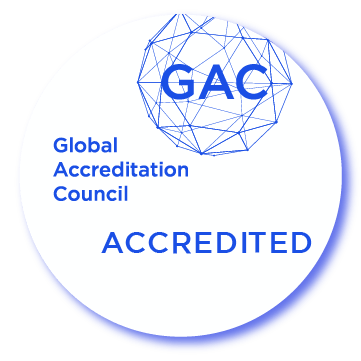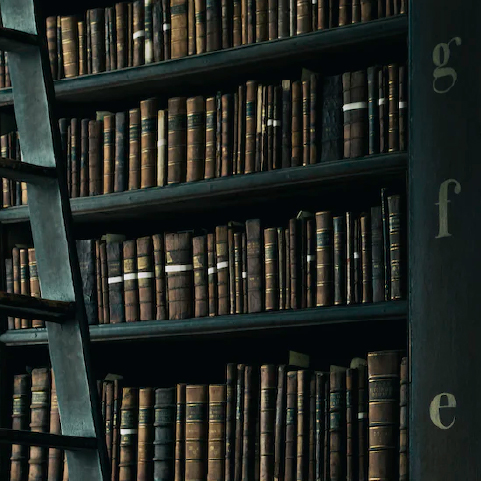
 At the heart of the world wisdom traditions are books that distill the essence of the teachings of the masters down through the ages. Many have no authors, some are compilations over long periods of time, others reflect teachings of masters who themselves never wrote a word. Socrates and Jesus never wrote any books, for instance, but Plato wrote his Dialogues recalling his memory of what Socrates said and the Gospels recount the life of Jesus many decades after Jesus had gone. Other books have legendary authors but appear to be compilations heavily redacted over many centuries. Some books are considered “God’s word” such as the Bible or the Koran and have endured for millennia inspiring countless millions of believers. Others remain obscure and speak deeply symbolic truths hidden within the layers of the language in the text itself. Still others express the essence of a tribal tradition on the brink of extinction and are valued for what is on the verge of being lost. Great books continue to be written by individuals alive today.
At the heart of the world wisdom traditions are books that distill the essence of the teachings of the masters down through the ages. Many have no authors, some are compilations over long periods of time, others reflect teachings of masters who themselves never wrote a word. Socrates and Jesus never wrote any books, for instance, but Plato wrote his Dialogues recalling his memory of what Socrates said and the Gospels recount the life of Jesus many decades after Jesus had gone. Other books have legendary authors but appear to be compilations heavily redacted over many centuries. Some books are considered “God’s word” such as the Bible or the Koran and have endured for millennia inspiring countless millions of believers. Others remain obscure and speak deeply symbolic truths hidden within the layers of the language in the text itself. Still others express the essence of a tribal tradition on the brink of extinction and are valued for what is on the verge of being lost. Great books continue to be written by individuals alive today.
The course is presented as a live webinar on the second Tuesday of each month, at 10:00 am Pacific time for 90 minutes. The webinars are recorded and can be accessed on our YouTube channel for those who cannot make the sessions. Watch here.
Zoom Information: Once you have registered for this program, please ensure you are signed in to your account and return to this page to access the “Get Your Zoom Link” lesson. You must register separately on Zoom to get your participation codes and reminder emails.
New Recordings can be accessed on the UbiVerse. Please also join our discussion group on the UbiVerse.
Faculty: Each year, Dr. Jim Garrison and Dr. Gyorgyi Szabo will choose four books they consider “great” and will examine each one. Guest lecturers with specific expertise may be invited to participate either in dialogue with Dr. Garrison and Dr. Szabo or as lead lecturers.
Academic Credit: Students taking the course for credit should submit a post paper at the end of each set of two books using the upload interface in the lessons below:
- Spring Session: 1984 and The Tempest
- Fall Session: Devotions and The Second Sex
Bachelors level post-papers are 6-9 pages in length, Masters level post-papers are 10-15 pages in length, and Doctoral level are 20-25 pages. Papers should be written in APA style, with footnotes.
Learning Objectives
- To understand the qualities that distinguish a literary work as a “Great Book.”
- To reflect upon the challenges framed by authors in ancient times in light of current global crises.
- To grapple with deep issues common to all humanity through active discussion, web forum postings, and paper assignments.
- To compare the major themes of the books studied.
The following books will be examined in 2021:
Spring 2021 Session
January 12 and February 9
Jim Garrison, PhD, on 1984
Watch: Webinar 1 and Webinar 2
If there is a book of our time it is George Orwell’s 1984. We are in a world of fake news, manipulated information, personal surveillance, and rising authoritarianism. Social media has turned us all into commodities and cocooned us into self-reinforcing information. The greatness of 1984 lies in its prescience. Written in 1948, it foresaw a future in which the lie became the truth, war became peace, dictatorship became democracy, all controlled by an overarching “Big Brother” that blended coercion and brainwashing. The story involves a Winston Smith who privately resisted what was happening while being publicly well-behaved and subservient. Then one day he meets Julia and falls in love. Their relationship, though forbidden, catalyzes eros in them and they became alive for the first time with authentic human relatedness. But they are discovered by Big Brother and meet a demise that challenges our notions of what really constitutes our humanity and whether humans, in the end, are completely controllable, or will freedom have the final say in who we are.
 March 9 and April 13
March 9 and April 13
Peggy Rubin on The Tempest
Watch: The videos are embedded in the lessons below and not posted on YouTube due to copyright restrictions.
Over four hundred years ago, in the midst of incessant outbreaks of deadly plagues, in a time of life-and-death religious dissension, plus wars and political unrest, not to mention challenging economic pressures, the poet/playwright William Shakespeare imagined and created worlds – worlds that inspire, delight, teach, challenge, and enchant us today. His tools? The English language. A language he helped to invent. This is a foray into the work, times, and life of that distant mirror, “my beloved master William Shakespeare, and what he has left us,” as his famous contemporary Ben Jonson says. One thing he has left us is an incendiary charge to our brains, to our hearts, and to our capacity to imagine. He demonstrates the powers of cherishing, and creating from that cherishing, no matter what else is happening in this world. Special focus for these sessions will be his last work, The Tempest, full of storms, confusion, loss, change, revenge, and the magic of becoming genuinely, forgivingly human.
Fall 2021 Session
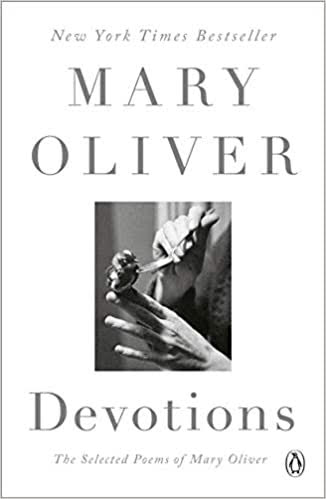
Watch: Webinar 1 and Webinar 2
September 14 and October 12
Carolyn Baker, PhD, on Devotions
Throughout her vast collection of poems, American poet Mary Oliver speaks in a variety of ways of “paying attention.” What does that really mean for us as we read her work in these agonizing, chaotic times? What does paying attention call us to do and be? How does it ultimately change who we are and what matters to us? How does Mary Oliver’s poetry illumine the cracks and crevices of our lives and our work and fortify us with a treasure-trove of joy in the midst of collective madness? In addition to her most recent book of poems, Devotions, we will explore numerous poems which are accessible online.
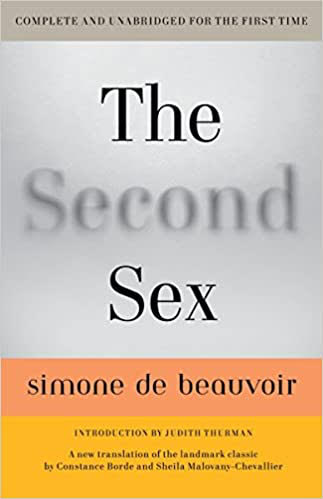 November 9 and December 14
November 9 and December 14
Gyorgyi Szabo, PhD on The Second Sex
Watch: Webinar 1 and Webinar 2
In The Second Sex, Simone de Beauvoir posed questions many men, and women had yet to ponder when the book was released in 1953. “One wonders if women still exist, if they will always exist, whether or not it is desirable that they should …,” she says in this comprehensive treatise on women. She weaves together history, philosophy, economics, biology, and a host of other disciplines to show women’s place in the world and to postulate on the power of sexuality. This is a powerful piece of writing in a time before “feminism” was even a phrase, much less a movement.
The rules guiding our assignment collection and grading process can be found here: Ubiquity University Grading Policy
Information about how we process refund or cancellation requests can be found here: Refund and Cancellation Policy.
Pricing:
Each session is 1 credit and priced accordingly.
- BA Level: $100
- MA Level: $200
- PhD Level: $300
- Audit-No Credit: Free
Our shopping cart is simple and easy to understand. If you do not have a user account, you will be able to create one upon purchase. Save your username and password as you will need it to login to access course materials later. For more detailed, step-by-step instructions you can review our tutorial How to Purchase a Course. Again, if you experience any issues, please email Veronica Saldias at registrar@ubiquityuniversity.org.
Faculty
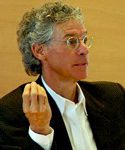 Jim Garrison, PhD is the President and Founder of Ubiquity University. He has been studying great books since childhood as the son of missionaries to China and Taiwan where he was able to delve into eastern spirituality, particularly Buddhism and Taoism. His double Masters degree in the History of Religion and Christology at Harvard University and his doctorate on a Jungian analysis of ancient Judeo-Christian apocalyptic literature at Cambridge University enabled him to study texts across the spectrum of Axial religions and wisdom traditions. He has spent a lifetime studying great books from east and west, both ancient and modern, sacred and secular.
Jim Garrison, PhD is the President and Founder of Ubiquity University. He has been studying great books since childhood as the son of missionaries to China and Taiwan where he was able to delve into eastern spirituality, particularly Buddhism and Taoism. His double Masters degree in the History of Religion and Christology at Harvard University and his doctorate on a Jungian analysis of ancient Judeo-Christian apocalyptic literature at Cambridge University enabled him to study texts across the spectrum of Axial religions and wisdom traditions. He has spent a lifetime studying great books from east and west, both ancient and modern, sacred and secular.
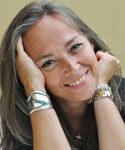 Gyorgyi Szabo, PhD is the Dean of Graduate Students for Ubiquity University. She was a Co-Founder and Academic Dean of the ‘Ervin Laszlo Center for Advanced Study’ (ELCAS). She served as the Director of Research and Development of the Center’s Exploratoria Program. She was co-creator of the WorldShift International Foundation, and the WorldShift 2012 organizations, and currently serves as the Executive Director at the Laszlo Institute of New Paradigm Research and a Member of the Advisory Board of the Memnosyne Foundation. She lectures worldwide and has published two books; papers in The Scientific and Medical Network’s Review, The Shift Network, and World Futures: The Journal of New Paradigm Research. Gyorgyi Szabo holds a PhD in Sociology – Summa Cum Laude awarded by the Sorbonne, University of Paris. She is also a trained Reiki and Reconnective Healing practitioner. Her holistic approach to metaphysics and interest in conscious evolution serves as foundation for her work in facilitating cooperative evolution toward a peaceful and regenerative world.
Gyorgyi Szabo, PhD is the Dean of Graduate Students for Ubiquity University. She was a Co-Founder and Academic Dean of the ‘Ervin Laszlo Center for Advanced Study’ (ELCAS). She served as the Director of Research and Development of the Center’s Exploratoria Program. She was co-creator of the WorldShift International Foundation, and the WorldShift 2012 organizations, and currently serves as the Executive Director at the Laszlo Institute of New Paradigm Research and a Member of the Advisory Board of the Memnosyne Foundation. She lectures worldwide and has published two books; papers in The Scientific and Medical Network’s Review, The Shift Network, and World Futures: The Journal of New Paradigm Research. Gyorgyi Szabo holds a PhD in Sociology – Summa Cum Laude awarded by the Sorbonne, University of Paris. She is also a trained Reiki and Reconnective Healing practitioner. Her holistic approach to metaphysics and interest in conscious evolution serves as foundation for her work in facilitating cooperative evolution toward a peaceful and regenerative world.
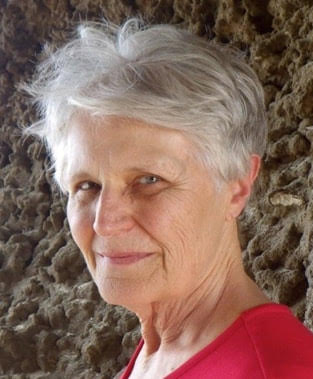 Carolyn Baker, PhD was a psychotherapist in private practice for 17 years and a professor of psychology and history for 10. She is the author of 13 books including Navigating The Coming Chaos: A Handbook For Inner Transition (2011) and Sacred Demise: Walking The Spiritual Path of Industrial Civilization’s Collapse (2009. She has also co-authored 4 books with Andrew Harvey. She manages her website at www.carolynbaker.net and publishes a subscription-based Daily News Digest which is a collection of news stories and inspiration focusing on the global crisis and options for navigating disruptive times. Carolyn offers life coaching and spiritual counseling in Boulder, Colorado, and worldwide for people who want help with dealing with the unprecedented challenges of our time.
Carolyn Baker, PhD was a psychotherapist in private practice for 17 years and a professor of psychology and history for 10. She is the author of 13 books including Navigating The Coming Chaos: A Handbook For Inner Transition (2011) and Sacred Demise: Walking The Spiritual Path of Industrial Civilization’s Collapse (2009. She has also co-authored 4 books with Andrew Harvey. She manages her website at www.carolynbaker.net and publishes a subscription-based Daily News Digest which is a collection of news stories and inspiration focusing on the global crisis and options for navigating disruptive times. Carolyn offers life coaching and spiritual counseling in Boulder, Colorado, and worldwide for people who want help with dealing with the unprecedented challenges of our time.
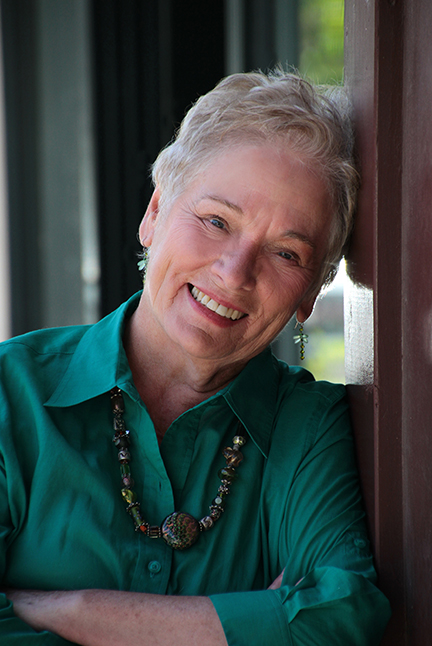 Peggy Rubin Margaret Nash (Peggy) Rubin is founding director of the Center for Sacred Theatre in Ashland, Oregon. Since 1987 she has also been the principal teaching associate of Jean Houston, Ph.D., in her multicultural transformational work and School for Social Artistry. Working with Jean Houston, Peggy Rubin has presented classes, workshops, and trainings worldwide. Prior to this, Peggy was for 14 years the Public Information and Education Director for the Oregon Shakespeare Festival, one of the largest classical repertory companies in the United States. She has also been a teacher of English, a freelance writer and editor, and an actor. She holds a degree in Fine Arts from the University of Texas; and has studied economics at the University of California at Los Angeles, and the environment at Southern Oregon University. She also studied extensively with Elaine De Beauport, Ed.D., founder of the Mead Institute, concerning humanistic and behavioral applications of current brain/mind research; and with William Emerson, Ph.D., pioneer in the field of pre-and peri-natal psychology, and its importance in understanding human development. In 2019, Peggy was granted an honorary doctorate in Humane Letters from Meridian University.
Peggy Rubin Margaret Nash (Peggy) Rubin is founding director of the Center for Sacred Theatre in Ashland, Oregon. Since 1987 she has also been the principal teaching associate of Jean Houston, Ph.D., in her multicultural transformational work and School for Social Artistry. Working with Jean Houston, Peggy Rubin has presented classes, workshops, and trainings worldwide. Prior to this, Peggy was for 14 years the Public Information and Education Director for the Oregon Shakespeare Festival, one of the largest classical repertory companies in the United States. She has also been a teacher of English, a freelance writer and editor, and an actor. She holds a degree in Fine Arts from the University of Texas; and has studied economics at the University of California at Los Angeles, and the environment at Southern Oregon University. She also studied extensively with Elaine De Beauport, Ed.D., founder of the Mead Institute, concerning humanistic and behavioral applications of current brain/mind research; and with William Emerson, Ph.D., pioneer in the field of pre-and peri-natal psychology, and its importance in understanding human development. In 2019, Peggy was granted an honorary doctorate in Humane Letters from Meridian University.

